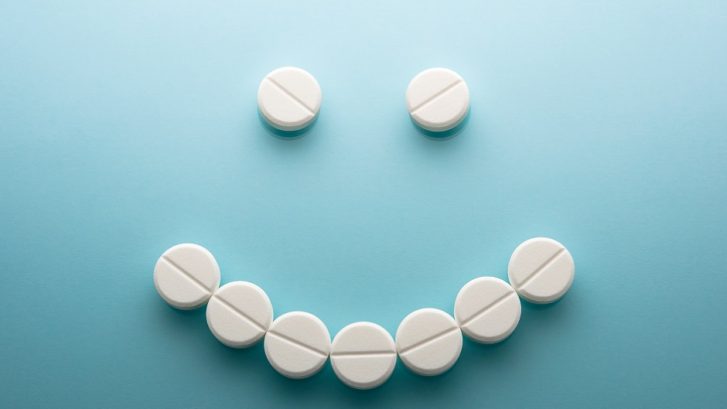An Aspirin a Day… Does it really keep the concierge doctor away?
You’ve heard the old expression, “An apple a day keeps the doctor away.” Well, your concierge physicians at MD 2.0 Jupiter wouldn’t go that far; apples are definitely good for you, and are certainly part of the balanced diet you need to stay healthy. But if you really wish to reap a host of health benefits at low risk and even lower cost, consider taking an aspirin a day.
New research by a medical team out of the University of Southern California (USC) provides additional evidence that a low-dose (81 mg.) aspirin tablet a day not only prevents heart disease, but could also help curtail health costs.
CBS News recently reported that the study (led by one of their contributors) showed that if older Americans with an elevated risk of heart disease took one low-dose aspirin every day, it would save 900,000 lives over the next 20 years, improve life expectancy by more than three months, and save $692 billion in health care costs by 2036.
According to this study, 81 milligrams of aspirin daily reduces the death rate from heart disease by 22%. This result was most pronounced in people aged 50 and over. The study recommended that adults ages 50 to 59 who have a cardiovascular risk above 10% with a life expectancy greater than 10 years should take a low-dose aspirin every day, assuming they aren’t at increased risk for bleeding.
Although the USC study focused on aspirin’s impact on heart disease, heart protection isn’t the only benefit seen with regular aspirin use. That study also found a 30% reduced risk of cancer and a 17% reduced risk of stroke; other similar studies have shown a reduced risk of breast cancer, colorectal and intestinal cancers, liver, ovarian, head and neck cancers, and melanoma, as well as Alzheimer’s disease, through the daily use of low-dose aspirin.
As with any type of drug, however, there are risks associated with regular aspirin use, even at such low doses. Because it thins the blood, aspirin can increase the risk of bleeding from cuts, or from bleeding in the stomach, intestines, or brain. It has also been reported to trigger or worsen asthma attacks, and can also interfere with the effectiveness of some antidepressants.
There is little question any more that daily aspirin use benefits those who are already cardiac patients, or those who are at elevated risk due to lifestyle or hereditary factors. The question about who outside those groups should begin to use this regimen is not yet wholly settled. This is why we strongly urge you to discuss this treatment with your concierge physicians at MD 2.0 Jupiter. Please don’t begin popping aspirin without discussing it with us first. That’s why we’re here!

